What Can You Control in Your Life to Experience More Love, Happiness, and Freedom?
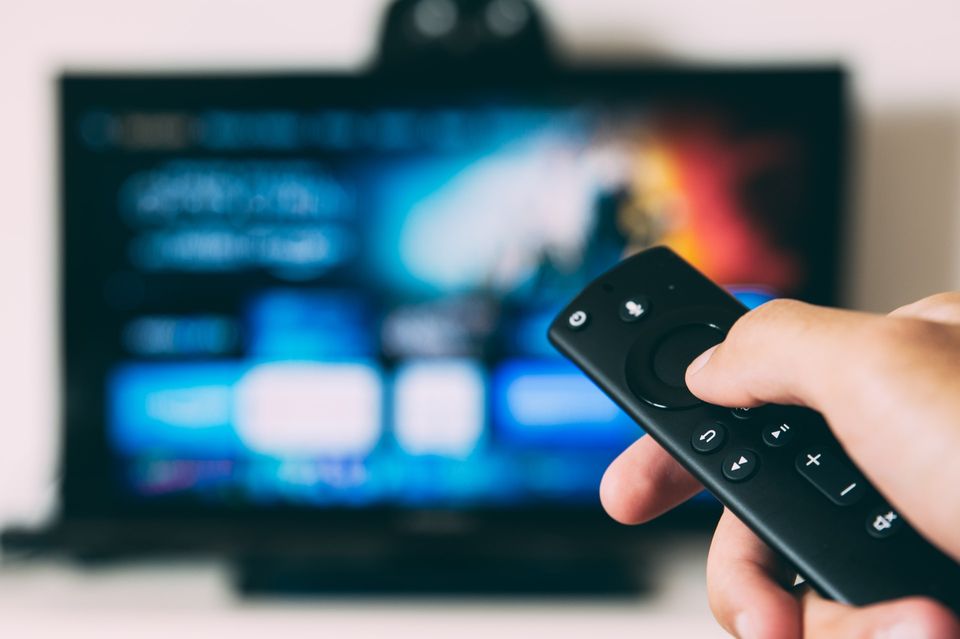
How to get clarity about what you can influence in your own life and why that matters.
Until I was in my early 30s, I used to believe that I could not control my emotions, in particular my anger. I believed that my anger (my reactions) was caused by someone else, and therefore someone else was to blame for how I felt (and how I reacted). In other words, I thought the world was against me and that I was a victim.
Let me share an example. It’s one I’m not proud of, but it makes the point. Towards the end of my second long-term relationship, my partner and I got into an argument. I became so enraged that I smashed his non-stick frying pan on the stove and did a darn good job of damaging it. I blamed him for my anger at that moment because I was over-hungry and in the middle of trying to make dinner when he launched into an argument with me.
After years of studying personal development and observing my thoughts and word choices in representing my feelings, I realized I was unconsciously giving away my power and control. My worldview had been, “Me against the world.” One of the lessons I learned from that awful argument (admittedly not until some time later) was that I never wanted to get that angry again. Specifically, I wanted to be more proactive in managing my thoughts and emotions, and more aware of the things that triggered me so that I would know how to manage myself.
In other words, I chose to find ways to have more self-control. While I cannot control what other people say or do to me, I can still choose how to respond, even when that seems very difficult to manage.
A Personal Evolution Process to Get Clarity About What You Can Influence In Your Life.
You can now watch the Think Queerly Podcast on my YouTube channel or listen to the episode on Apple Podcasts or your favourite media player.
Step 1 — Define What You Can and Cannot Control
On a sheet of paper, draw a line down the centre to make two columns. On the left-hand side, write at the top, "What can I control?" and on the right-hand side, "What can’t I control?"
To keep this practice tightly focused, put your attention on the big things in your life, the things that really matter. In other words, don’t give thought to the day-to-day tasks or things that make little if any difference. For example, you can't control when you will die. That’s a big issue for some people. It might seem morbid, but it's a perfect example of what to write under the "What can’t I control?" side of the page.
Let’s dive deeper into this example of mortality for more clarity about how this exercise works. There are many things you can choose to do that will improve your health and well-being and may extend the quality of your life. Most of us probably want to do what is best for our bodies most of the time, but no matter what you do, you cannot predict when that final moment will come.
Thus, while you can’t control when you will die, you can control the choices you make around physical exercise, the kind of foods you eat, as well as your personal, emotional, and social health. Each of those things will contribute to a higher quality of life and happiness. Each of those choices is in your control. Some of these things I’ve mentioned may be important enough to you to add to your list.
Try to come up with 5-10 items for each side of the list that make the biggest impact on your life. These items that you can control help you to feel loved, happy, and free. For example, you can ask yourself,
- “What am I able to control that makes me feel loved, happy, or free?” Write your answers.
- Conversely, you can ask, “What can’t I control in my life that limits or restricts my experience of acceptance, peace of mind, and freedom?” Once again, write your answers.
Step 2 — Refine What You Can Control
Once you feel like you've come up with the 5-10 most important items for each side of your list (and you can always add more later), review the items under, ”What can I control?" For each item on this list, ask yourself the following two questions:
- "How would I like to manage this item to enjoy more of its benefits in my life?”
- Then ask, "What can I do to share the benefits of this experience with others?"
Step 3 — Align With What You Cannot Control
Next, review each item you listed under, "What can’t I control?" For each item on your list, answer the following questions:
- "What about this item makes it absolutely impossible for me to control?"
- If you decide that the item is absolutely impossible to control, ask, “What would it mean if I’m wrong?” Write your answer.
- If you discover that it's actually possible to have a small amount of control, ask yourself, "What can I do and what can I think to have a small amount of control or influence over this item?"
- If you were able to answer the last question, ask one more, "How does having some control over this item affect my feelings of love, happiness, and freedom?"
The subtle distinction between control and influence
Control is an illusion.
The minute we think we have control, it can be taken away. In essence, there is really nothing that we can hold on to with the absolute certainty that it will never change. We might hold on to a rock and believe that is the perfect example of permanence until we accidentally drop it and it breaks into several pieces.
We might believe we have complete control of our feelings until we are triggered and explode in an out-of-control rage — or run away in fear. When we look back at situations in which we thought we had no control at the time, we might see things differently in retrospect. You might think to yourself, “Had I known how to better manage my emotions, I might have been more aware of my triggers and back off from arguing to avoid losing my temper.” That’s precisely what I have observed in myself!
At best, we can influence events. Whether that be observed as influencing someone else’s ideas or influencing our choices and actions. Seen in this way, we can only ‘improve’ our prediction and response relating to the infinite possibilities of life with the preparation of greater self-awareness.
Whether you agree with my control versus influence distinction, it doesn’t really matter. What does matter are the conscious actions you take to increase your experience of love, happiness, and freedom. All of this goes a long way to reducing discomfort, discord, and dissatisfaction in your life, and will have a ‘positive influence’ on others.
Want more control? Here are some of my top articles and practices:
- What Problem is Creating the Greatest Amount of Stress and Frustration in Your Life—And Why?
- How to Stop Red-Lining Into the Negative and Destructive Emotions You Want to Avoid
- How Can You Reduce the Anxiety of Overwhelm?
- 4 Questions to Help You Let Go of What’s Holding You Back
- What’s Out of Your Control, Right Now?
- Timeless Wisdom in a Pandemic: Give Up the Need for Control
Image credit: Glenn Carstens-Peters
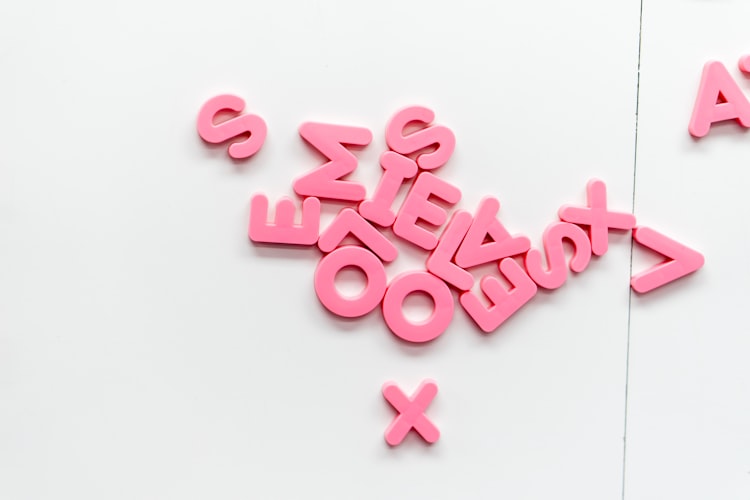
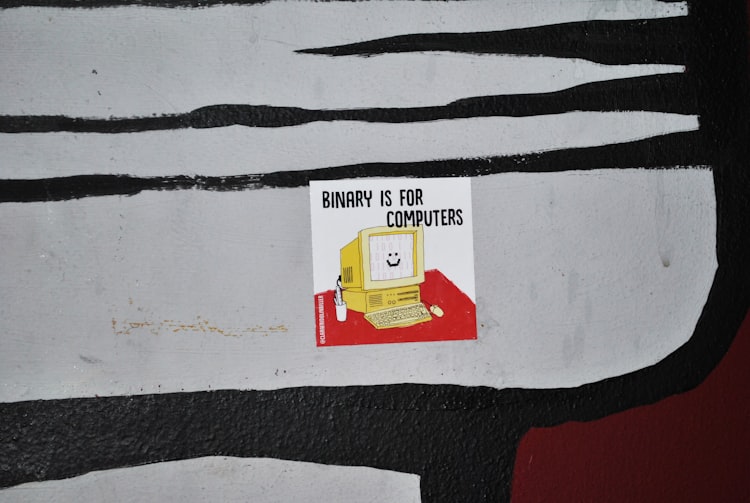
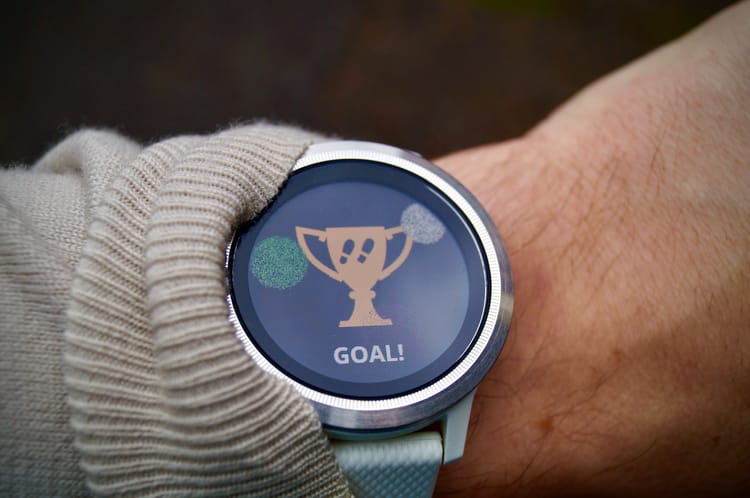

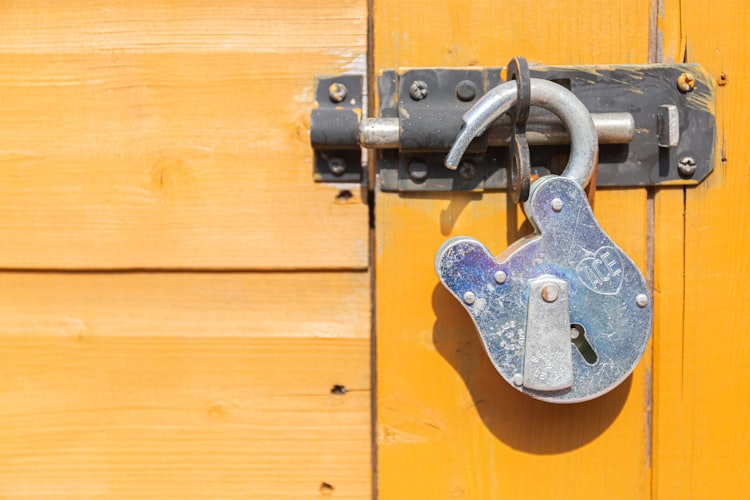
Member discussion